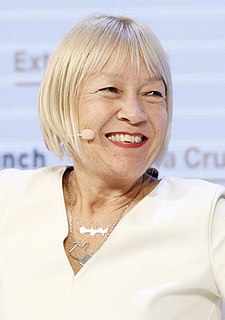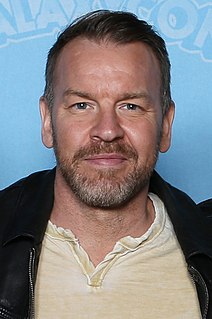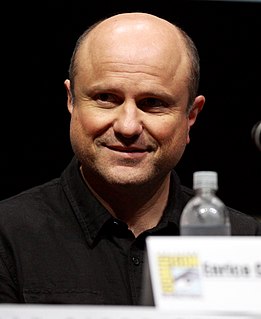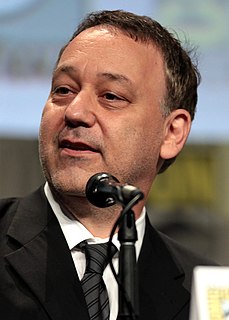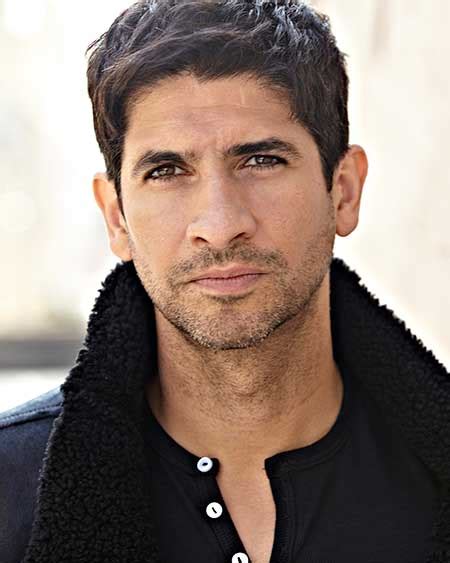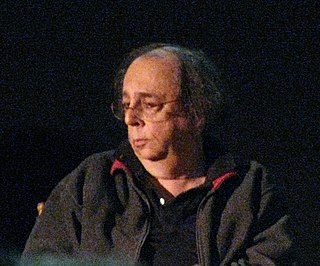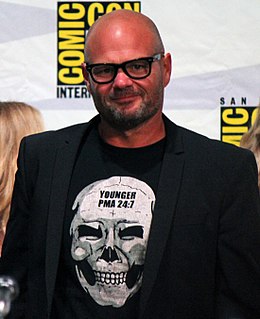A Quote by Cindy Gallop
When I give talks like the one I'm going to give at the Changing Advertising Summit, one of the points I often make to the audience is that I'm not one of those speakers who stands in front of the audience and pontificates - everything I talk about I'm actually doing myself. I'm living it.
Related Quotes
Speakers find joy in public speaking when they realize that a speech is all about the audience, not the speaker. Most speakers are so caught up in their own concerns and so driven to cover certain points or get a certain message across that they can't be bothered to think in more than a perfunctory way about the audience. And the irony is, of course, that there is no hope of getting your message across if that's all the energy you put into the audience. So let go, and give the moment to the audience.
Audiences - they like colour, you know. I can go out there wearing a red suit, man, and they'll say I'm out of sight ... I think they should be educated; you should always drop something on an audience ... When you get in front of an audience, you should try to give 'em something. After all, they're there looking at you like this. You can't go out and give 'em nothing.
Essentially, you know, one of the great advantages of working in science fiction is it does give you an opportunity to talk about interesting and somewhat controversial themes and social issues and in a way that doesn't really threaten the audience, because I'm not challenging their particular points of view.
What I love most about playing in front of people has something to do with a certain kind of energy exchange. The attention and appreciation of my audience feeds back into my playing. It really seems as if there is a true and equal give and take between performer and listener, making me aware of how much I depend on my audience. And since the audience is different every night, the music being played will differ too. Every space I performed in has its own magic and spirit.
